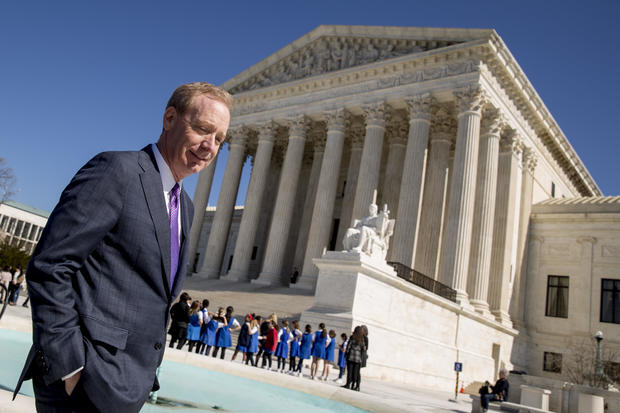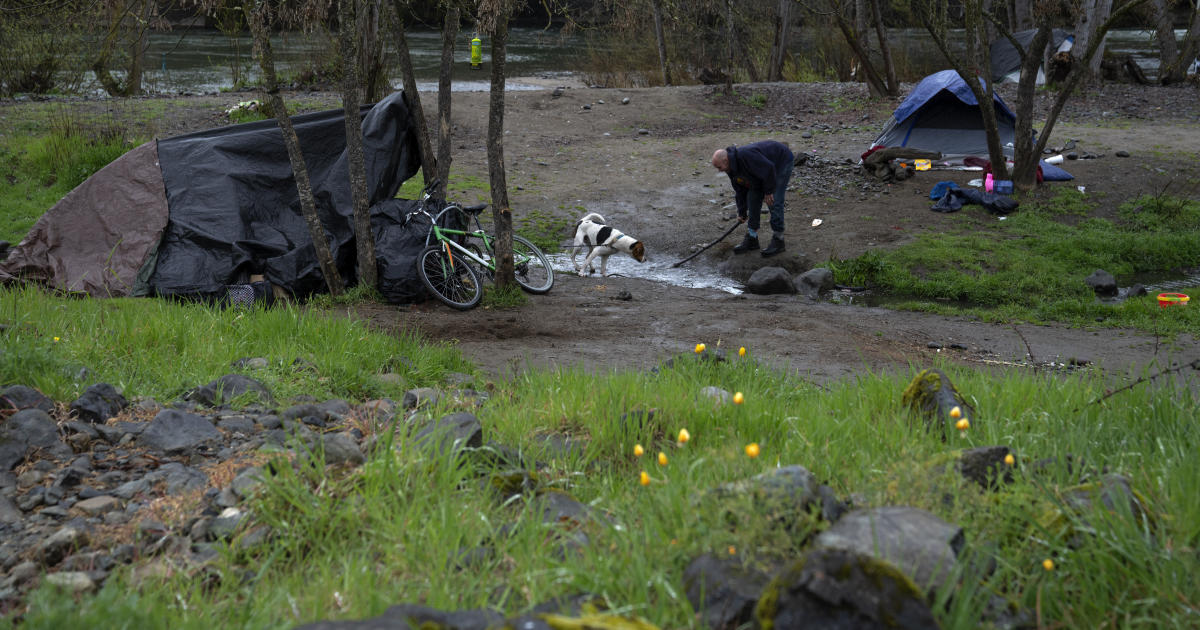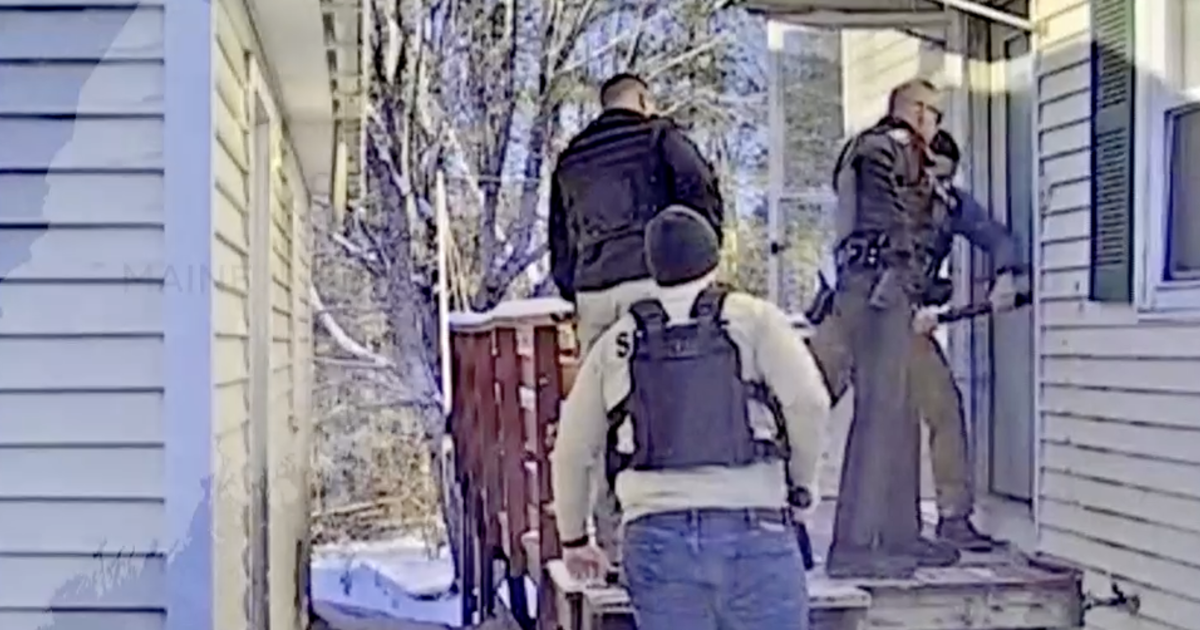Supreme Court hears arguments in Microsoft data privacy fight
WASHINGTON -- The Supreme Court on Tuesday heard arguments in a dispute between the Trump administration and Microsoft Corp. over a warrant for emails stored in the internet cloud outside the United States. The Drug Enforcement Administration (DEA) sought the emails as part of a drug trafficking investigation and obtained a warrant under a 1986 law. But Microsoft refused to turn over the emails because they are stored on a company server in Dublin, Ireland, and the warrant does not apply abroad.
The federal appeals court in New York agreed with the company that the 1986 Stored Communications Act does not apply outside the United States.
CBS News' legal analyst Rikki Klieman said on CBSN that the Microsoft was willing to hand over information stored in the U.S., but not emails stored overseas.
"Yahoo, Google, others, store their communications all over the world. When you get to the level of Google, they often separate them as they store them, so an email may be in one country and an attachment may be in another. This has nothing to do with anything that's nefarious, it's simply the way that it's stored," Klieman explained.
Klieman said that regardless of what the Supreme Court decides in this case, Congress needs to do something. "As always, technology is outpacing the law," she added.
When the law was written, Justice Ruth Bader Ginsburg said, "No one ever heard of clouds. This kind of storage didn't exist."
Still, it seemed likely that the court would side with the administration, which argues that investigations have been hampered by the appellate ruling.
Justice Department lawyer Michael Dreeben argued that the focus should be on Microsoft's headquarters in Redmond, Washington. That's where a computer operator would retrieve the emails and hand them over to federal authorities.
Joshua Rosenkranz, representing Microsoft, wanted to talk about where the emails are kept.
"They are stored in Ireland. And the government is asking us to go and fetch them from Ireland," Rosenkranz said.
Chief Justice John Roberts said the government seemed to have the better of the argument because "the statute focuses on disclosure. And disclosure takes place in Washington, not in Ireland."
Ginsburg and other justices said it would be better if Congress updated the law. Sen. Orrin Hatch, R-Utah, who was in the courtroom Tuesday, is a sponsor of a bipartisan proposal that has been introduced in Congress.
The legislation known as the Cloud Act has the support of both the Trump administration and Microsoft, but lawyers on both sides said the court should decide the case before it, not wait for Congress to act.
Dreeben told the court that Microsoft voluntarily moved the emails to a server in Ireland and could just as easily retrieve them. He stressed that the government had a warrant, "the gold standard" for addressing privacy concerns.
"It's not a case about privacy," said Dreeben, who is part of special counsel Robert Mueller's Russia investigation team, but has occasionally argued important cases at the Supreme Court.
Rosenkranz described how much physically has to happen in Ireland when someone at Microsoft headquarters issues a command to retrieve emails from the Dublin server. Even after the emails are found, the data "runs through Ireland on hard wires and then over the Atlantic," Rosenkranz said.
"Does some person have to be there?" Kennedy asked. No, a robot handles the work in Ireland.
Justice Sonia Sotomayor jumped in. "I guess my imagination is running wild," Sotomayor said to laughter. "Who tells the robot what to do?"
Addressing reporters in front of the court following the arguments, Microsoft President Brad Smith said the arguments reinforced his view that Congress should act.
"Because, in fact, I think that what this case makes clear, and what this morning has further made clear, is that we need 21st century laws to protect 21st century technology," Smith said.




